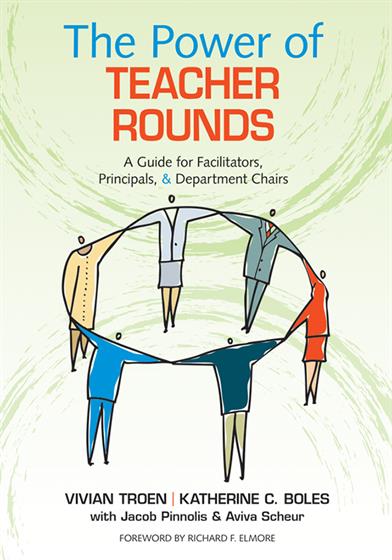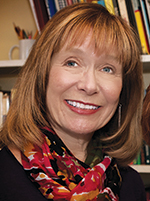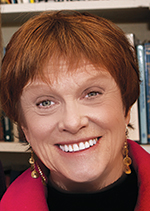Forward
Introduction
Getting from Then to Now
Implementing the Common Core State Standards
About this Book
Part I - Background
1. What is Rounds?
Rounds is a Unique Form of Professional Development
A Rounds Group in Action: A True-to-Life Story
Pre Rounds Meeting - Choosing a Compelling Problem of Practice
Preparing the Host Teacher
Observing the Host Teacher Teach
Debriefing the Observation
Committing to a Change of Practice
It's a Circular Path to Perfection
2. Why Do Rounds?
Rounds Creates a Framework for Critical Colleagueship
Rounds Facilities the Sharing for Successful Practice
Rounds Helps Develop a Shared Vision of Good Teaching
Rounds is Low-Cost, High-Impact Strategy for Implementing the Common Core State Standards
Rounds is Aligned With Learning Forward's Standards for Professional Learning
3. Who Does Rounds?
The Rounds Group
Challenges for the Group
The Rounds Facilitators
Challenges for Facilitators
Facilitator Study Groups
The Host Teacher
Preparation for the Observation
Following the Observation
Part II - Facilitators
4. How to Prepare for Rounds
Step 1: Lay Groundwork for Collaboration
Establish Norms
Learn How to Observe: Conduct A Rounds Observation Workshop
Step 2: Conduct the Introduction to Rounds Meeting
5. How to Implement Rounds
Step 1: Facilitator Prepares the Host Teacher
Supporting the Host Teacher in Preparing the Form
Using the Host Teacher Preparation Form
Don't Forget the Kids
Step 2: Rounds Group Observes the Host Teacher's Class
Step 3: Group Debriefs the Observation
Step 4: Group Conducts the Next Rounds Meeting
Developing a list of Common Criteria
Step 5: Teachers Share a Record of Practice
Examples of Commitments to Change and Records of Practice
6. Year-End Wrap-Up
Has the Work Improved Student Learning?
The Answer is Yes!
Video Case: Examining One Teacher's Change of Practice
Framing the Context
The Power of Teacher Rounds
End of Year Reflection
7. Case & Guides to Case Analysis
Using Cases to Facilitate Discussion of Issues Confronting Rounds Groups
How and When to Use Cases
Ideally
Alternatively
Part III - Principals & Department Chairs
8. Role of the Principal
Understand what Rounds Requires
Assess Teacher Talent
Choose the Best Candidates
Lay the Cultural Groundwork
Build on Firm Ground With Good Resources
Provide Ongoing Support
9. Rounds for Department Chairs: Improving High School Teacher Development & Supervision
Department Chairs Step Up
Pull the Lever
The Difference Between Department Chair Rounds and Faculty Rounds
How to Implement Department Chair Rounds
Build a Culture of Trust
Select your DCR Facilitator
Facilitator Frames Rounds
Prepare the Department Chair Host
Choose a Compelling Problem of Practice
Prepare for the Round
Follow the Protocol for Debriefing
Watch the Video
Practice our Post-Observation Conference End Game
Make an End Game Checklist
Part IV - Appendices
A. CCSS Speaking and Listening Standard 6-12
B. Glenda's Host Teacher Preparation Form
C. Glenda's Record of Practice
D. Observation Workshop: Learning to See, Unlearning to Judge
E. Example of a Problem Aligned to the Common Core State
F. Alex's Host Teacher Preperation Form
G. Alex's Student Slides
H: Alex's Student Email Response
References




